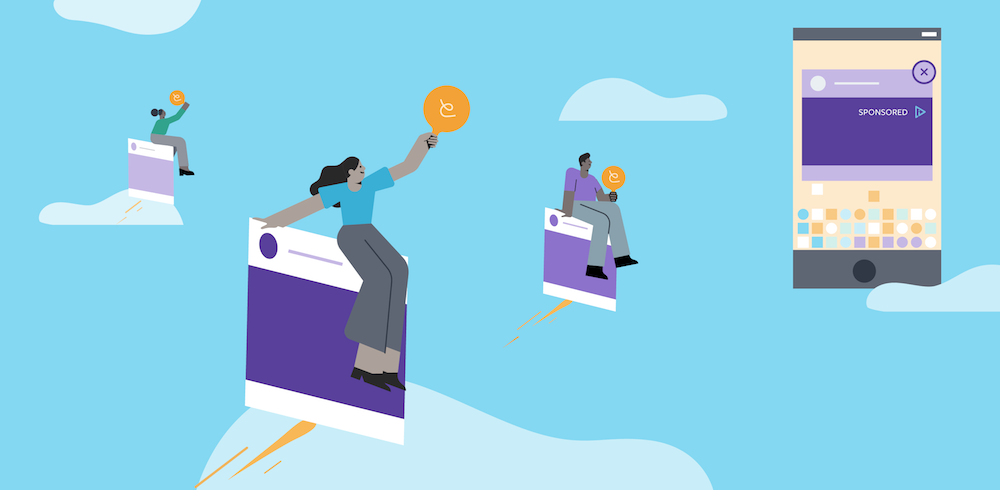Last chance to save on Digiday Publishing Summit passes is February 9
Interview: Why game developers are turning to app bidding for monetization

With 2021 just around the corner, Facebook Audience Network’s Pietro Lancieri sat down with Natan Finger, Chief Revenue Officer at Fanatee, a global game development studio in Brazil, to get his insights on the advantages of bidding and his thoughts on the future of app monetization. Lancieri is a strategic partner manager at Facebook Audience Network.
Pietro Lancieri: What genre do you primarily develop games for?
Natan Finger: We develop word games in the casual games universe, creating localized content in 12 different languages for players all around the world. We aim to have the best model for each country and, right now, we’ve observed that running a successful hybrid strategy is more feasible for the U.S. market than in South America, parts of Asia and some European countries.
Pietro Lancieri: What first prompted you to test bidding?
Natan Finger: At Fanatee, we aim to be on the edge of new technologies, so we frequently seek out innovative opportunities to partner with vendors in alpha and beta tests. That’s how we identified the opportunity to test bidding, which we integrated in Q2 2019.
Pietro Lancieri: How does that scenario compare to today’s work with bidding?
Natan Finger: Today, the framework is much more developed and the implementation is more straightforward than it was in the beginning. Our results improved after a couple of weeks — and the differences between bidding and traditional waterfalls became apparent. More recently, we’ve gained the flexibility to offer our inventory more dynamically and have been able to reduce the number of placements, which is a promising development.
Pietro Lancieri: How has bidding impacted your monetization results?
Natan Finger: About 50 percent of the inventory is currently allocated to bidding and our fill rates have improved significantly as the demand partners could better understand our inventory. One of the most significant results of integrating bidding is that we now have the capacity to run more tests and focus more on strategy than on the waterfall management and operation. We have more time to develop different monetization strategies and can be more aggressive when optimizing. Overall, we can do more than we used to be able to do.
Pietro Lancieri: How has working with Facebook Audience Network supported your goals/achieving these results?
Natan Finger: Facebook Audience Network is one of our closest partners for almost everything. We rely on its vast inventory and have confidence in Facebook Audience Network work and support quality.
Pietro Lancieri: Looking forward to 2021, which gaming ecosystem trends do you anticipate will present the most transformational opportunities for publishers?
Natan Finger: Incorporating social features will be crucial to growth. And, to balance the impacts of the IDFA deprecation, acquiring a higher share of organic users will be essential.
Pietro Lancieri: Any specific learnings you would like to share, especially with other publishers that are looking to adopt bidding?
Natan Finger: Bidding offers incremental improvements, but it’s not magic. One crucial thing is to manage pressure on the auction by creating competition.With Lancieri’s and Finger’s conversation in mind, marketers can learn even more about how bidding can benefit their app business, and teams can turn to these resources for more about how app bidding works and how gaming publishers are using in-app approaches to boost competition for ad inventory.
More from Digiday

In Graphic Detail: The scale of the challenge facing publishers, politicians eager to damage Google’s adland dominance
Last year was a blowout ad revenue year for Google, despite challenges from several quarters.

In Q1, marketers pivot to spending backed by AI and measurement
Q1 budget shifts reflect marketers’ growing focus on data, AI, measurement and where branding actually pays off.

The case for and against bringing programmatic in-house
As more advertisers beef up in-house media operations, some are looking to the “final frontier” of programmatic.





